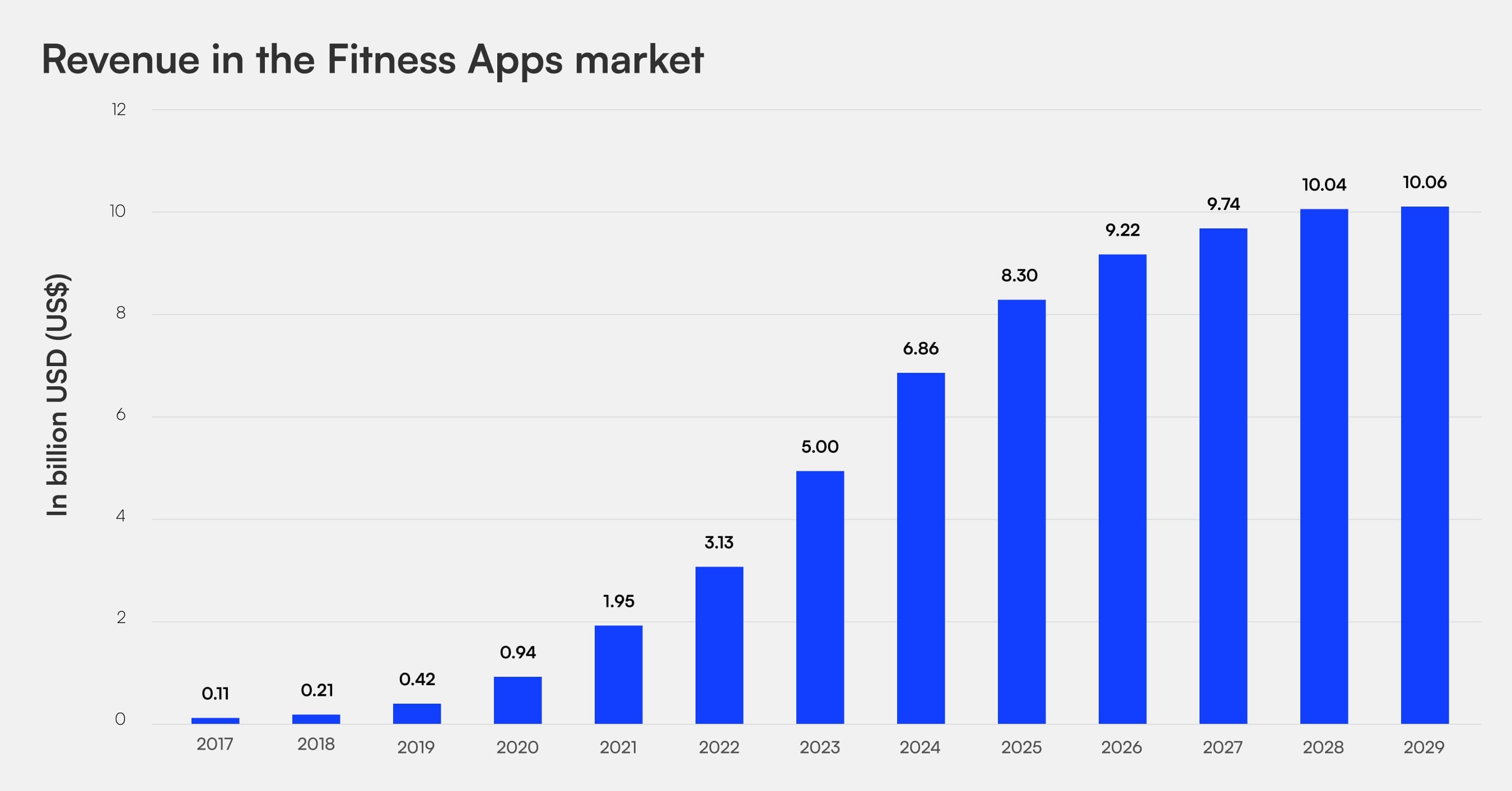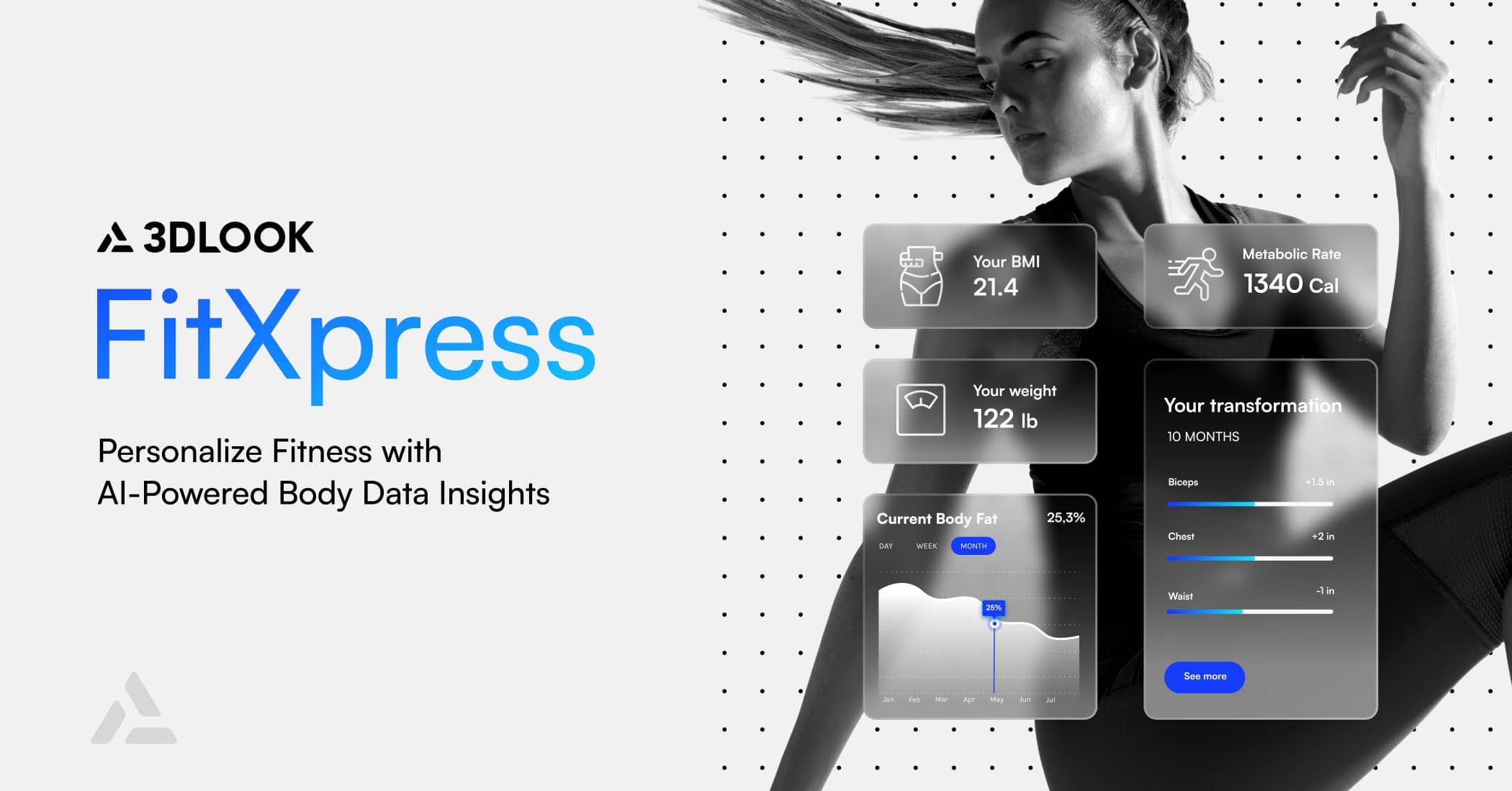The upcoming digital marketing trends in the gym industry for 2026 focus heavily on AI-powered personalization, wearable technology integration, hyper-personalized wellness, and community-driven boutique experiences. Gyms will leverage AI to tailor marketing campaigns and workout plans, use biometric and wearable data to enhance member engagement, and partner with corporate wellness platforms to expand reach.
Key trends shaping gym digital marketing in 2026 include:
-
AI-Powered Marketing and Personalization: AI will optimize ad spend, segment audiences, and deliver personalized messages such as workout tips, class reminders, and promotions at optimal times. AI-driven training plans will adjust in real-time based on biometric data like heart rate and sleep quality, improving member results and retention.
-
Wearable Tech and Biometric Data: Integration of wearable devices and advanced biometric scanning (e.g., Evolt 360) will allow gyms to offer data-driven, personalized fitness experiences. This data will also be used for targeted marketing and member motivation through progress challenges and personalized coaching.
-
Corporate Wellness Partnerships: Platforms like Gympass enable gyms to tap into local corporate wellness demand, increasing foot traffic and membership through employer partnerships without direct pitching. This trend is growing as companies invest more in employee health.
-
Boutique Fitness and Community Experiences: Boutique studios focusing on niche workouts and community engagement are gaining popularity. Marketing strategies will emphasize creating unique, community-driven experiences to improve member retention and brand loyalty.
-
Holistic Wellness and Mental Health Integration: Marketing will increasingly highlight mental health benefits of fitness, combining physical training with neuro-fitness and somatic healing practices. This holistic approach appeals to a broader audience, including older adults and those seeking mental wellness.
-
Video, Voice Search, and Mobile Apps: Video content and voice search optimization will be crucial for reaching tech-savvy demographics like Gen Z and Millennials, who dominate gym memberships. Mobile fitness apps will continue to grow, with cardio and workout apps leading usage.
-
Data-Driven Training and Behavioral Coaching: Gyms will use data analytics and behavioral science principles to enhance member engagement and retention through personalized coaching and feedback, even in group settings.
These trends reflect a shift toward technology-enabled, personalized, and community-focused marketing strategies that align with evolving consumer expectations and technological advances in the fitness industry.





